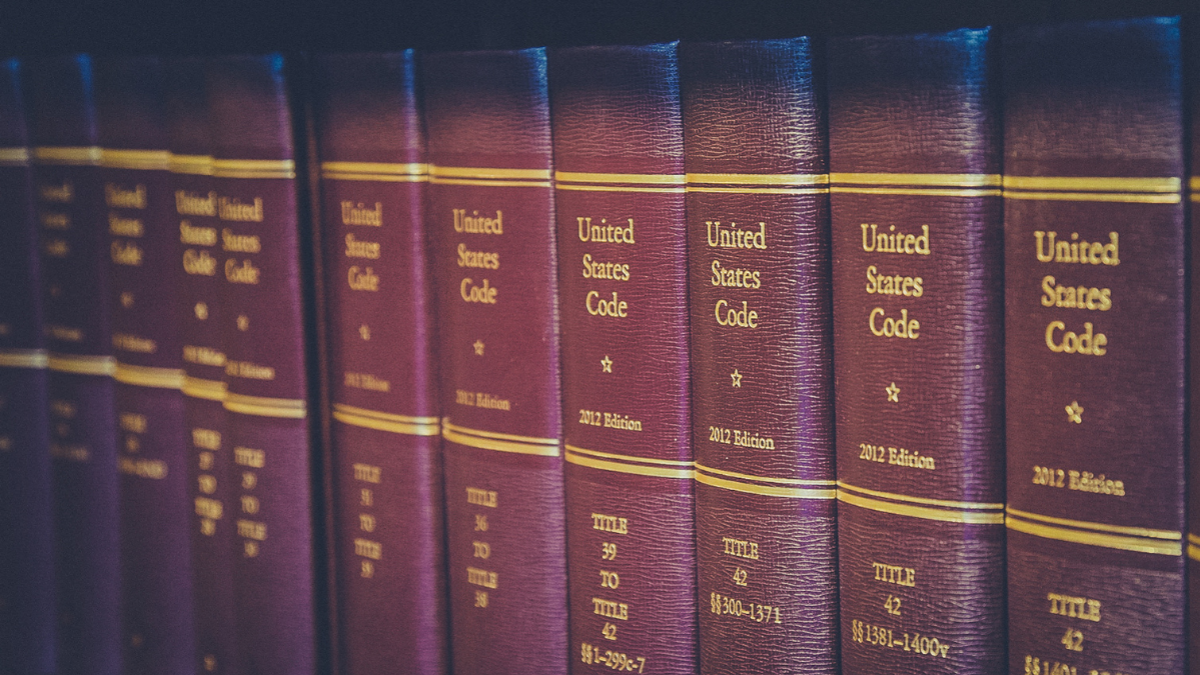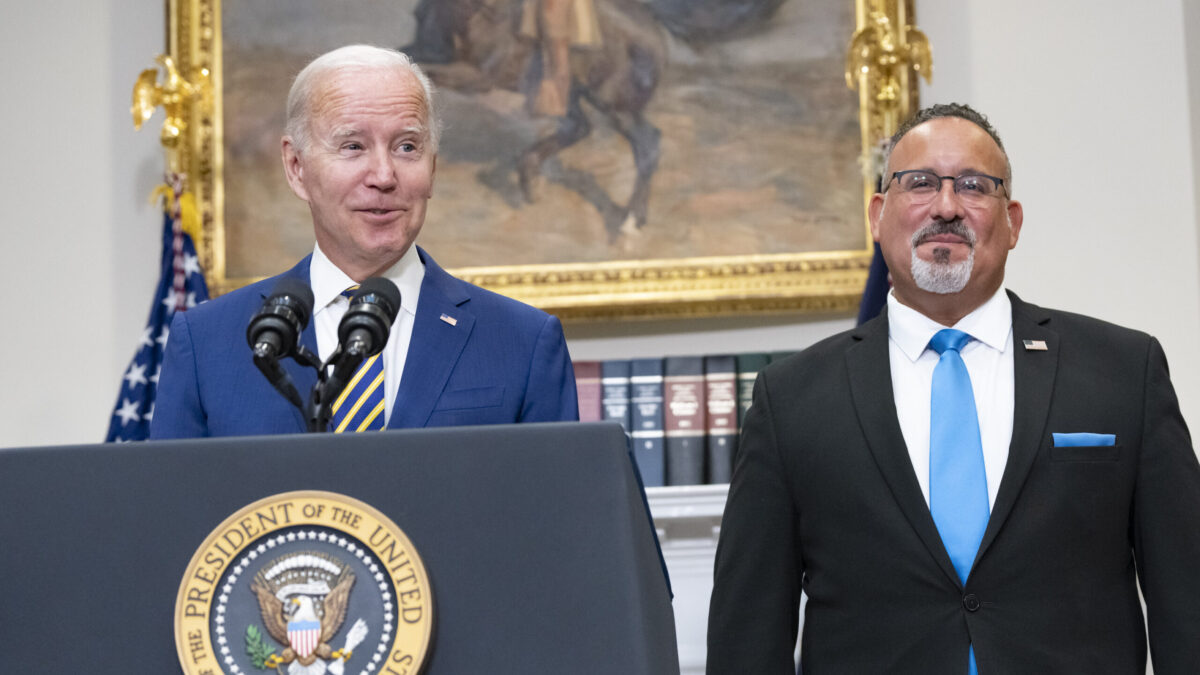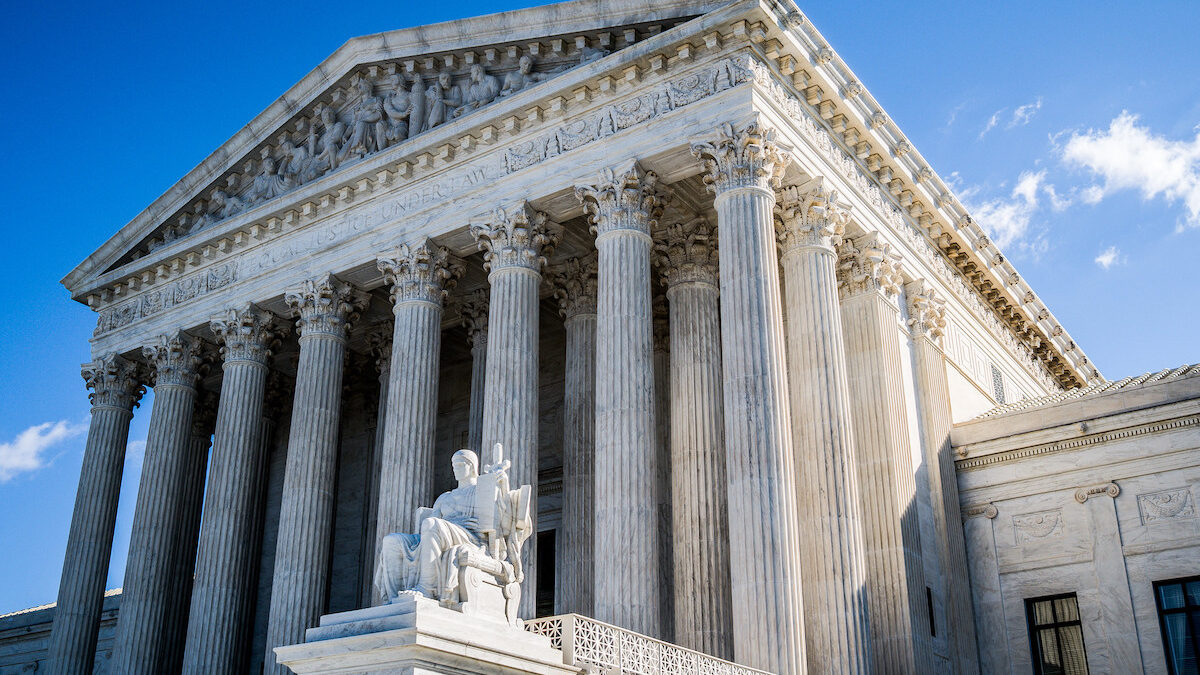Two months after President Donald Trump declared in the Oval Office that the White House would be moving forward with a broad ban on flavored e-cigarette products, the administration is now backing away from the effort.
Since the announcement, the White House had been gearing up to formalize a ban on all flavored vaping products except for tobacco. Menthol-flavored products had initially appeared on the ban but were later included as an exemption.
Supporters of the new executive guidance were anticipating the final details of the measure to be announced last week, though amid growing pressure from advisers and opponents of the new regulations warning such policies could wreak havoc on public health and impact Trump’s base for re-election, the president has opted to retreat from the hardline approach set in motion two months ago.
The idea to implement an executive ban on flavored e-cigarette products kicked into high gear as a mysterious lung illness stemming from vaping impacted more than 2,000 users and killed at least 39, including teens. The scare, which the Centers for Disease Control (CDC) has blamed black-market THC products as the likely culprits, prompted policymakers already concerned over government data showing rising rates of adolescent vaping to take aggressive action on the issue.
“The fact that people are dying has created a greater sense of the need for urgent action across the board,” Matthew Myers, president of the Campaign for Tobacco-Free Kids told the Washington Examiner. “The fact that people are dying and we don’t know the answer means that every parent is terrified that their kid is at risk. It means to political figures that they will be held accountable if they don’t take strong action.”
Yet while the CDC placed blame on black-market THC products and not flavored e-cigarettes as the likely source of the illness, the outbreak created a hysteria surrounding the use of e-cigarettes and highlighted the increasing number of teens using the flavored products. The Food and Drug Administration (FDA) had already declared teenage vaping to be an “epidemic” last year.
Opponents of the proposed regulations however, have warned that banning flavored vape products would possess catastrophic consequences on public health driving millions of ex-smokers back to traditional combustible cigarettes as is happening in states and localities that have implemented bans like Massachusetts.
Dr. Michael Siegel of the Boston University School of Public Health, one of the nation’s leading experts on youth and adult tobacco use, praised the administration’s decision to back away from its aggressive stance.
“I think this decision is a big victory for public health,” Siegel told The Federalist. “Banning flavored e-cigarettes would have driven huge numbers of ex-smokers back to smoking and would have created a new black market for flavored e-liquids.”
E-cigarettes have indeed been shown to be the most successful forms of enabling those addicted to convention cigarettes to quit. A study published earlier this year in the New England Journal of Medicine, shows that more than any other nicotine therapy currently on the market, e-cigarettes have been the most effective form of quitting cigarettes.
Siegel cautioned that the proposal would have motivated teenagers to experiment with THC products with the potential to make this year’s mysterious lung illness an even greater problem.
“The administration and the FDA need to go back to the drawing board and develop a sensible policy to regulate both cigarettes and e-cigarettes in a way that will encourage smokers to transition to safer products and at the same time reduce the problem of youth addiction,” Siegel argued. He suggests limits on nicotine levels in e-liquids and recommending raising the federal age required to purchase the products to 21.
Roger Bate, a visiting scholar at the conservative American Enterprise Institute who specializes in health care and drug policy reiterated Siegel’s concerns over the potential ban, arguing that the measure would adversely impact those trying to quit smoking.
“Prohibition bans are generally a bad idea… Banning certain flavors because they lead to kids vaping, I think is misguided,” Bate said. “That’s because adults use them either instead of smoking or to quit smoking.”
“The reality is that compared to cigarettes that vaping products are so much safer.”
Julie Gunlock, the director of the Independent Women’s Forum’s Center for Progress and Innovation has written expensively on the vaping issue and lauded the president for taking the advice of advisors sounding the alarm on the potential dangers that such a ban could impose.
“This is great news for the millions of former smokers who vape,” Gunlock told The Federalist. “While I share the president’s and first lady’s concern about teen vaping, the solution isn’t to ban safe products that help people quite combustible cigarettes. The solution is to enforce laws already on the books that state it’s illegal to sell e-cigarettes and e-liquid to minors.”
The president was also warned of the economic impact that the flavor ban could have on small businesses in the industry. Wisconsin Republican Senator Ron Johnson sent a letter to the White House last week urging caution on the issue as the proposal could have essentially wiped out an approximately $9 billion industry.
“The costs of a ban on most e-cigarette flavors will almost certainly be substantial,” Johnson warned. “Many stakeholders in the e-cigarette industry are small businesses—over 10,000 according to some estimates —so an outright ban on the most popular flavors purchased by adults will likely force them to close.”
It seems for the time being, the industry may continue to operate, though new regulations of some kind are likely to come in the near future as policymakers seek to curb adolescent e-cigarette use.









